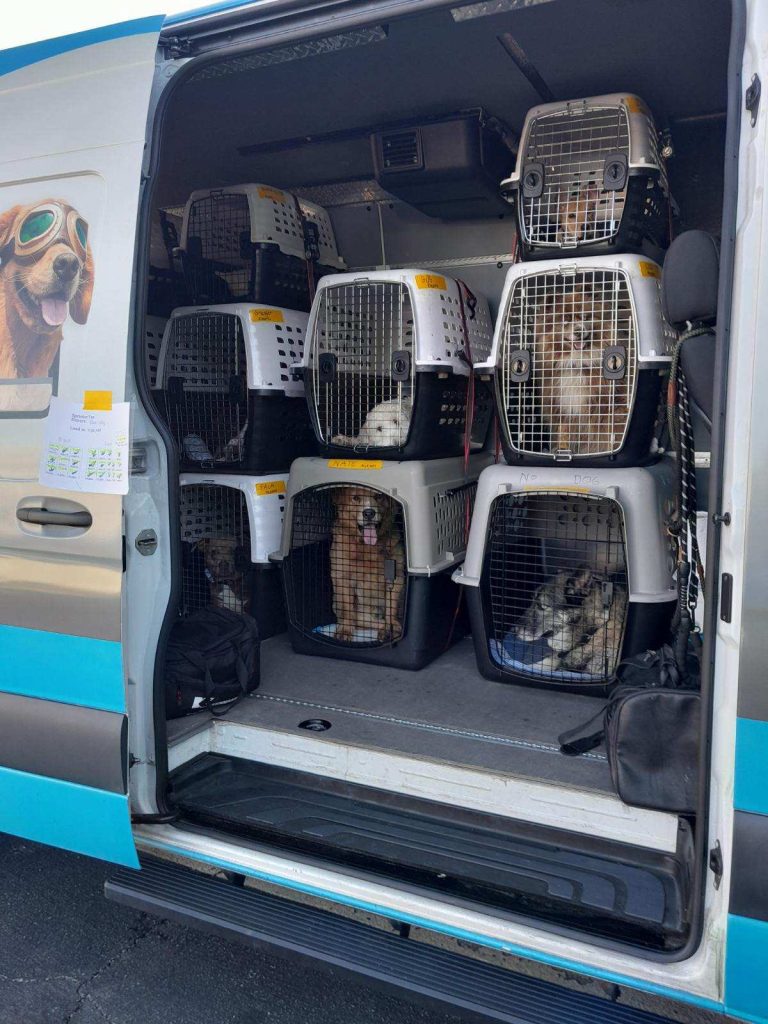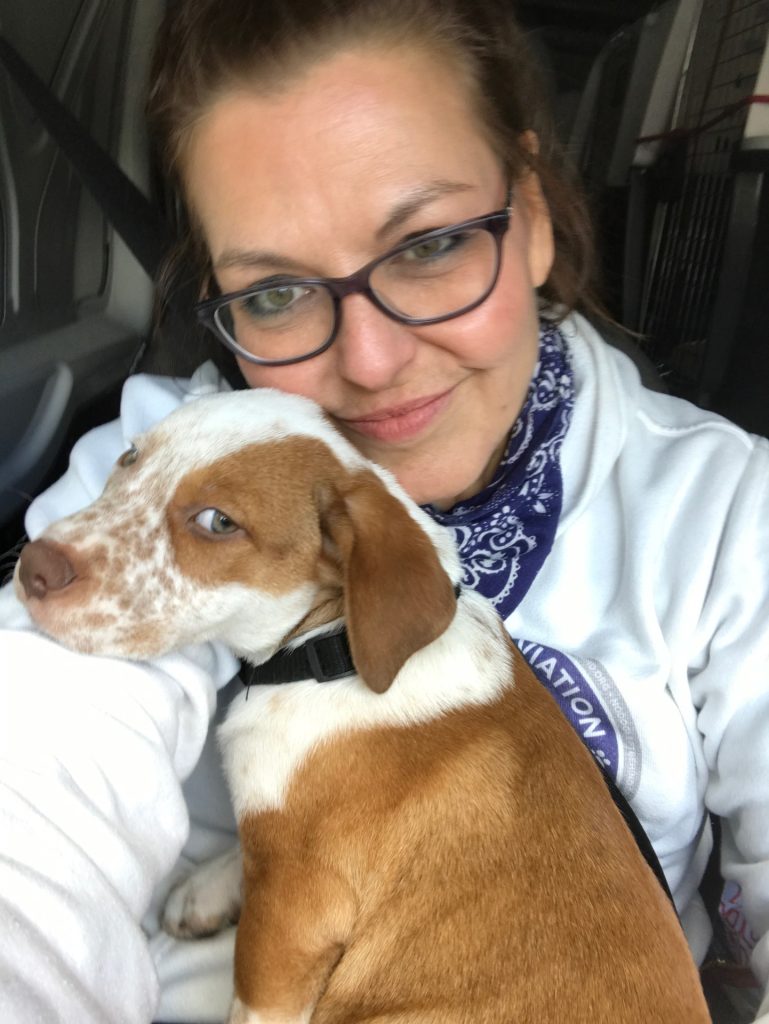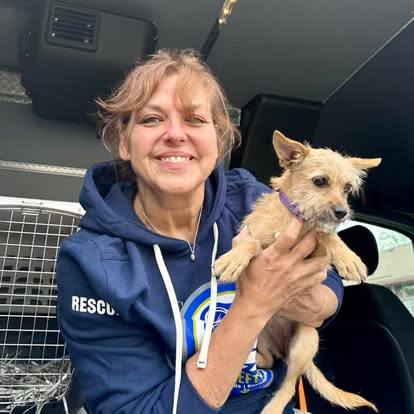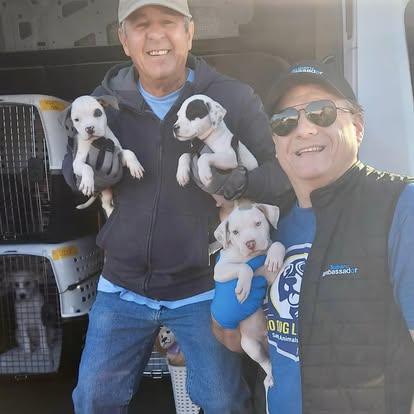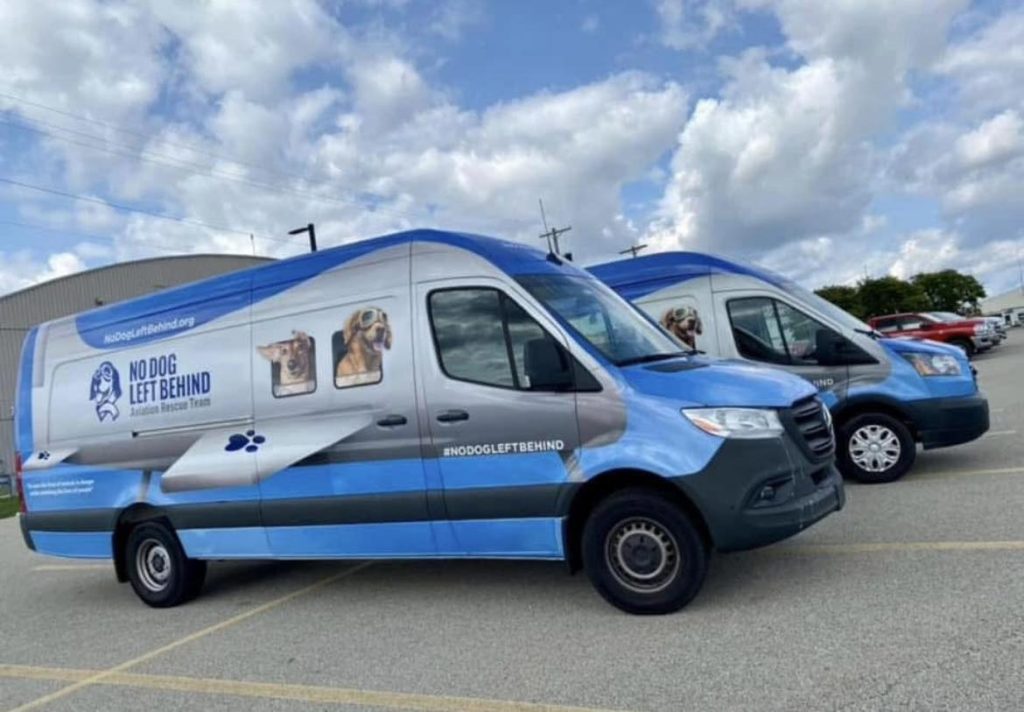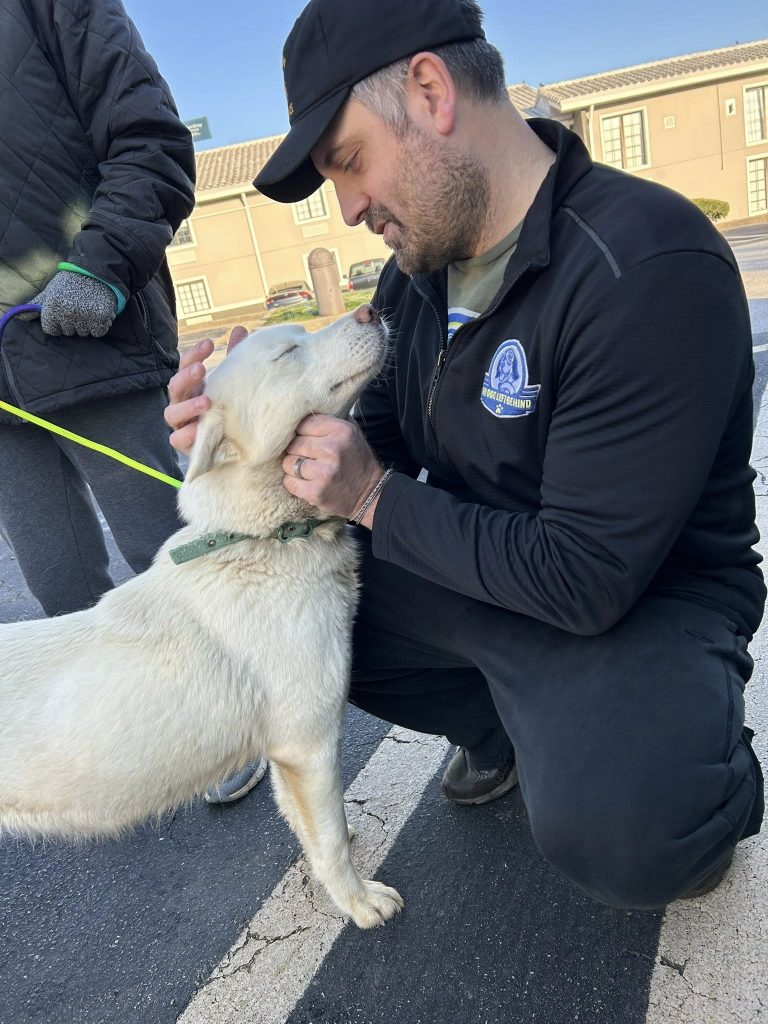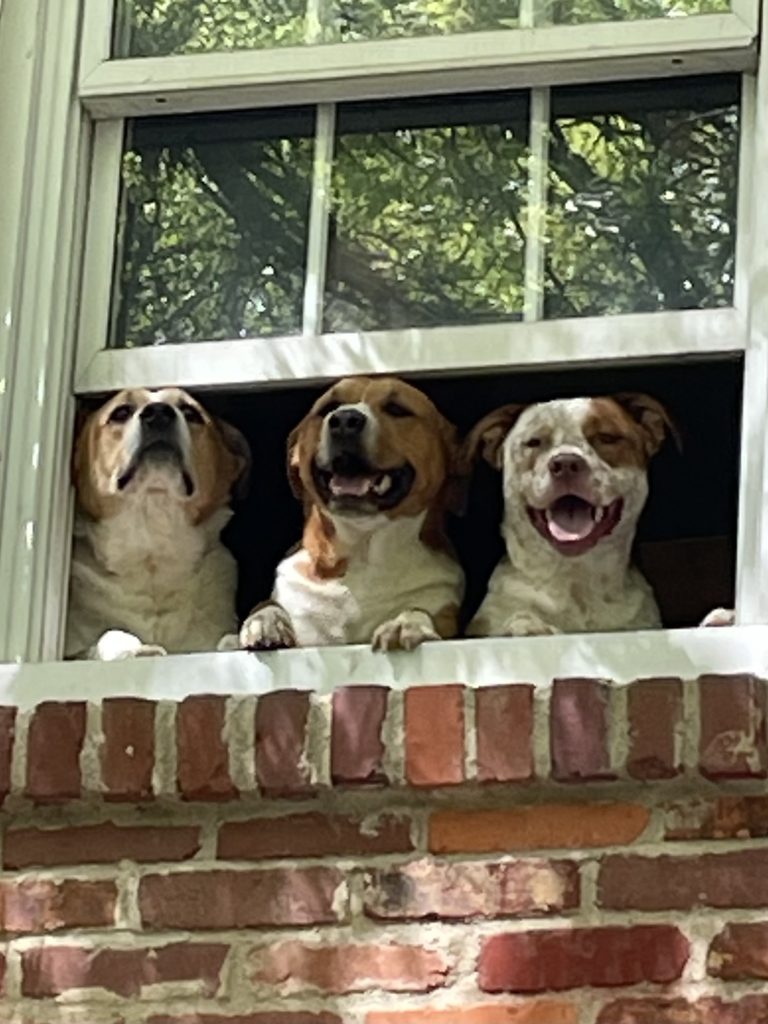Life-saving rides No Dog Left Behind helps give animals a second chance
This year, No Dog Left Behind transported its 18,000th animal to safety since becoming a nonprofit in 2013.
In the animal rescue world, No Dog Left Behind gives animals a second chance by transporting them from shelters that euthanize to shelters prioritizing adoption, at no cost to the shelters.
“As far as what we do, there aren’t that many, but there are some. Most (services) are rescue shelters, or foster-based. As far as doing the transporting, and doing the transporting at no charge to the sending shelters and the receiving shelters, there’s not a lot of that going on,” said Tiffany DeCosmo, operations manager for No Dog Left Behind, based at the Allegheny County Airport in West Mifflin.
Most transports are for dogs and cats, but the organization has handled a chicken, guinea pig, ferret and even a butterfly that missed its migration window since two local pilots formed the nonprofit in 2013.
Founders Jonathan Plesset and Brad Childs used their aviation skills in the early 2000s to rescue animals, mainly dogs, and take them to “no-kill” shelters for adoption.
Originally called Pittsburgh Aviation Animal Rescue Team, the name was changed to No Dog Left Behind in 2021.
The planes have been phased out, according to DeCosmo, and now the group uses vans to transport the animals. About 40 dogs can be carried in the vans, significantly more than the number that could be transported via air.
NDLB has built relationships with shelters outside of Pennsylvania with overwhelming pet populations that have scant resources for spaying and neutering. She said for these shelters, the options are to transport the pets elsewhere or euthanize. The cost to transport is greater than the cost to euthanize, and that’s where NDLB fills a need.
Funded through grants and donations, NDLB provides resources and volunteers to transport animals from shelters that might otherwise euthanize animals from areas in Kentucky, West Virginia, North and South Carolina to animal shelters in northern Ohio, eastern Pennsylvania, New York and New Jersey where they can be adopted, according to DeCosmo.
Many Western Pennsylvania area shelters are saturated, according to DeCosmo, leading NDLB to transport most animals beyond the region.
However, an agreement with the Vet Tech institute of Pittsburgh and NDLB over the last year has expanded local opportunities for the pets to find homes, DeCosmo said.
This month, a group of cats and dogs will be taken to the institute where students will assist with spay/neuter efforts, vaccinations as well as training the dogs and finding homes for the animals. “I think it’s a great thing they are doing. We are transporting the animals and they basically save and find homes for them,” DeCosmo said.
Kentucky has one of the largest shelters that NDLB visits, typically twice a month.
“No Dog Left Behind has been just a total blessing to us,” said Monica Crawford, president of Kentucky Saving them Together, a rescue shelter in Lexington. “One, because most people you have to pay for transportation, and they (NDLB) are quite the opposite … They don’t ask us to pay, which is a blessing to us, because trying to pay for transportation on top of shots, wormer, medical bills and things like that is quite difficult,” said Crawford.
Shelters on the receiving end are vetted by NDLB. “We do an extensive background check. They have to be a nonprofit, no-kill shelter; they have to have the space, resources to care for these animals and be located in an area where we know they can find a family,” DeCosmo said.
Before transporting, DeCosmo receives a list of the animals’ ages, breeds, and weights.
“We have multiple sizes of crates, and animals’ names are labeled on the crate,” DeCosmo said. Transports typically occur on the weekends, with volunteers leaving on Friday, staying overnight near the shelter location, loading the animals early Saturday and driving north to the no-kill shelters to deliver the animals and returning on Sunday.
Sue Browning, a teacher from Bentleyville, began volunteering with NDLB in 2018.
“When we get these dogs and go from high-kill shelters to no-kill shelters, it’s very rewarding,” Browning said.
Said Crawford, “I tell them ‘you are my transport heroes.’ They take one huge burden off of us, and that’s trying to find a train of people willing to give up their Saturday or Sunday and get dogs out of Kentucky,” said Crawford.
“To me, it’s my little bit I can do,” said Browning.
She had one transport “fail,” Browning admits. During a move from North Carolina four years ago, she met 10-week-old Dandy. “I kinda knew he’d be coming home with me,” said Browning. A pit bull-mix, Dandy is now 4 years old and has become the NDLB “mascot.” Out of her three dogs, “he’s the biggest clown,” said Browning.
“I like to follow the shelters we transport for, their page and sometimes they will post adoptive pictures; that’s typically how I find how they go,” said Browning.
DeCosmo often goes on the road to transport animals and said, “It’s hard work, but after we’ve transported them, on the drive home, we talk about it. The van is so quiet. We talk about each dog. Everybody loves doing this … getting these dogs, who are amazing and would be euthanized, to where they can find homes. It’s very rewarding.”
NDLB volunteers are provided with training and travel in pairs. For more information or to volunteer, go to https://nodogleftbehind.org/.


